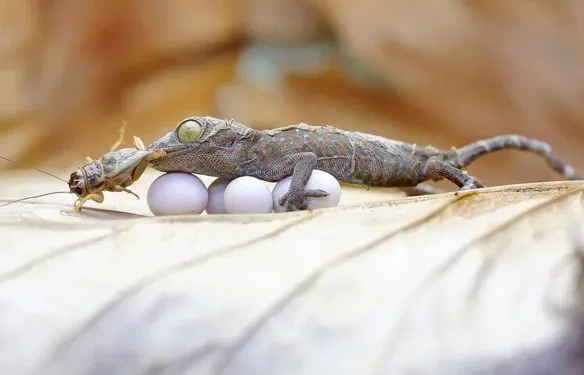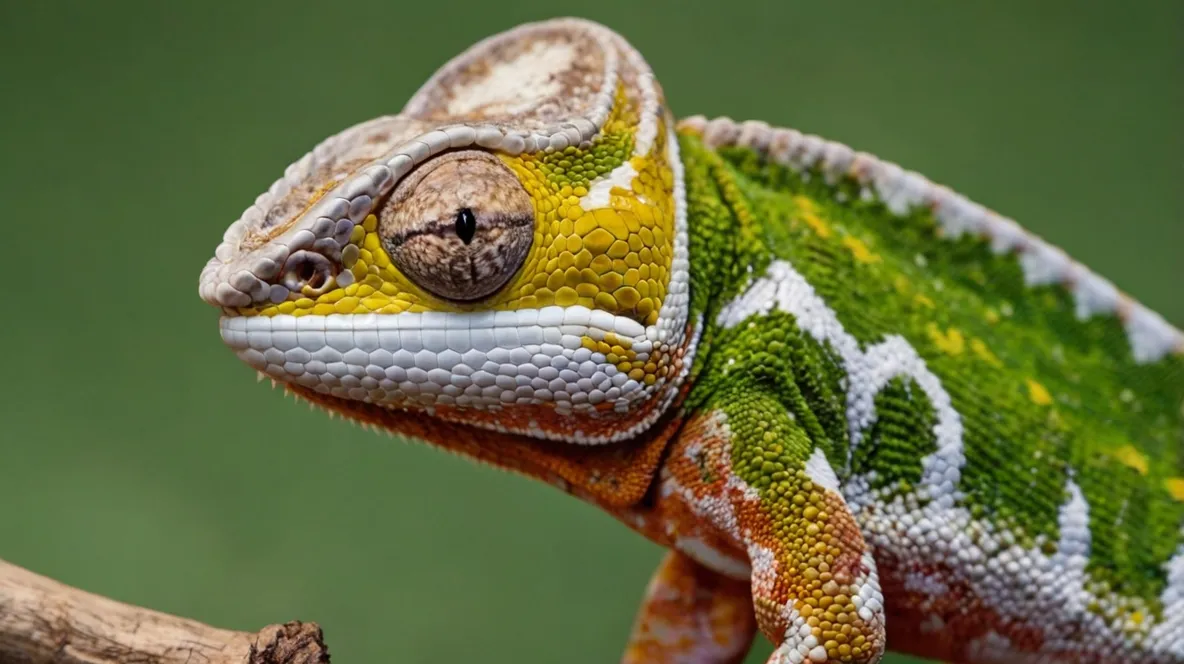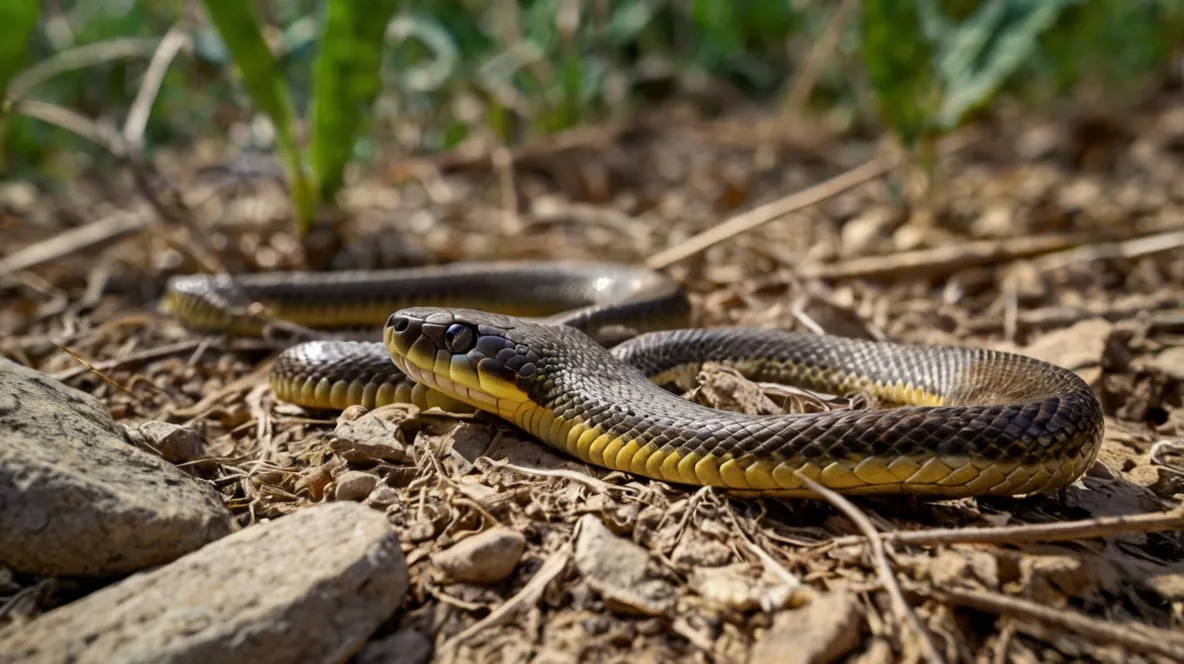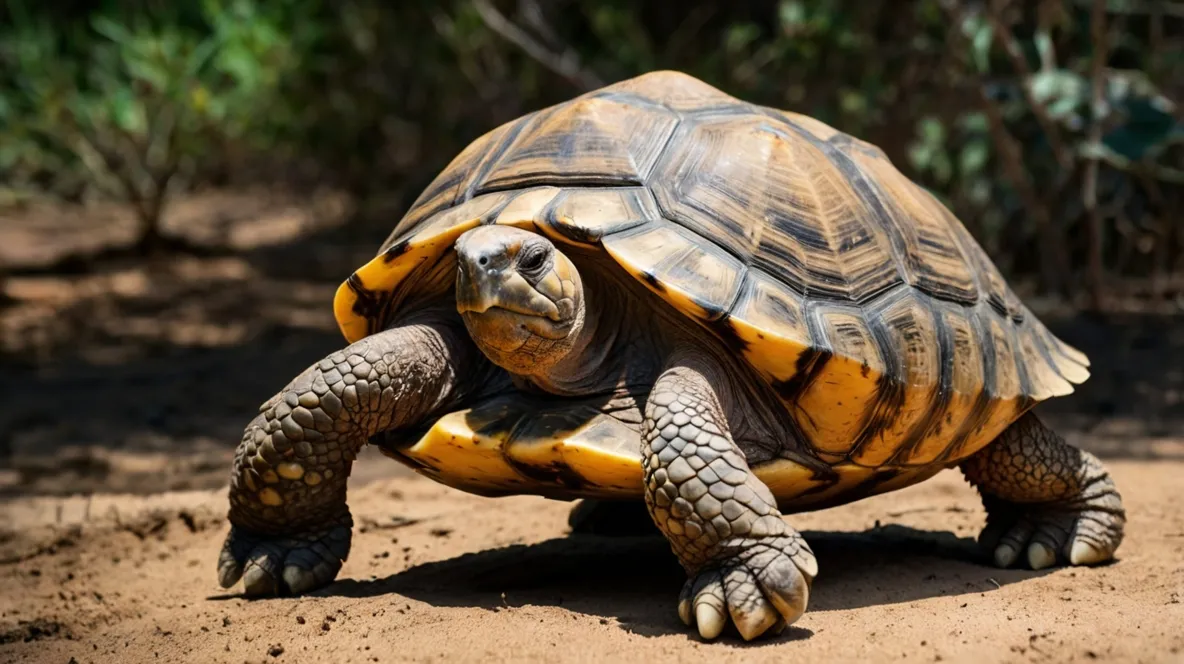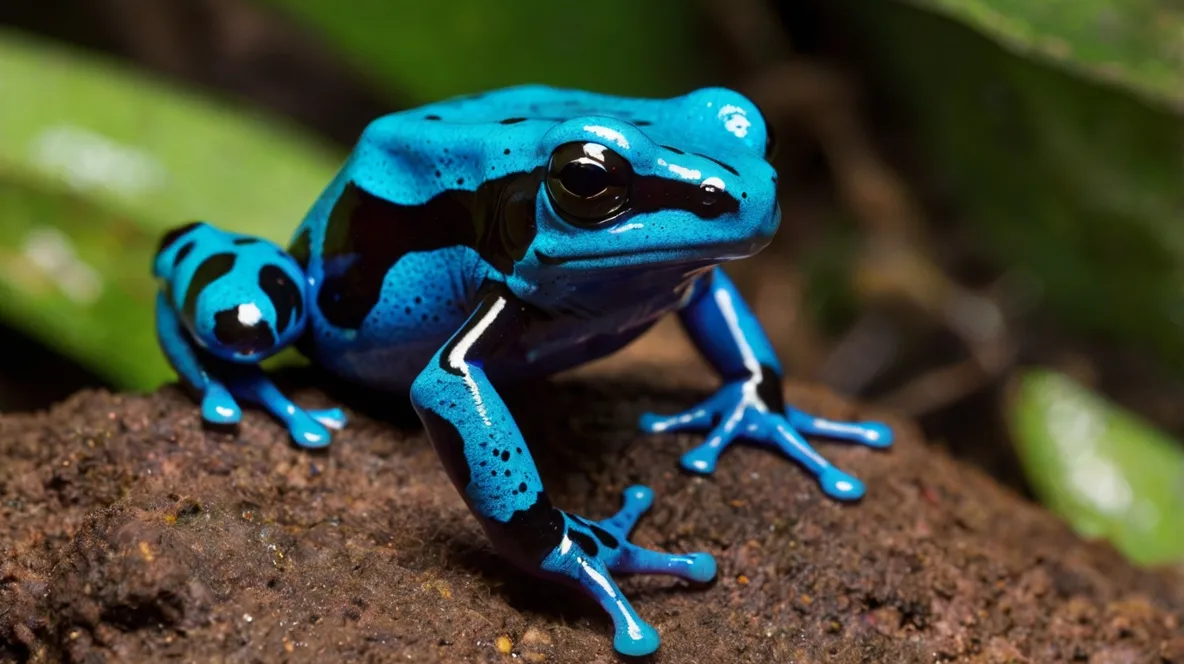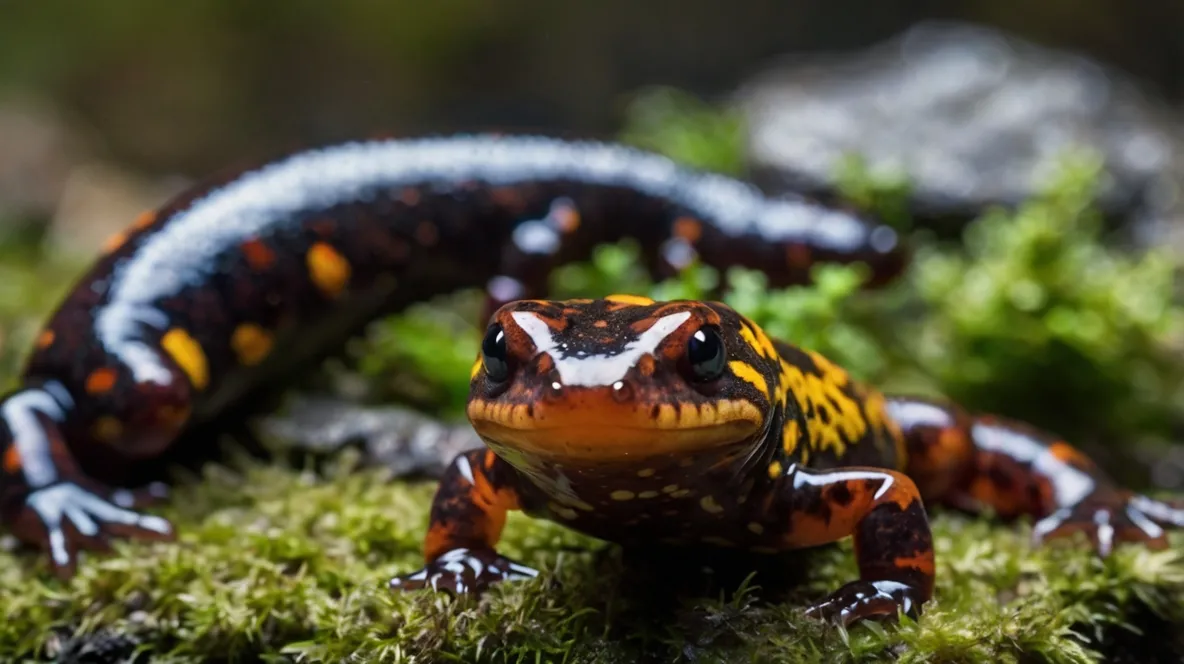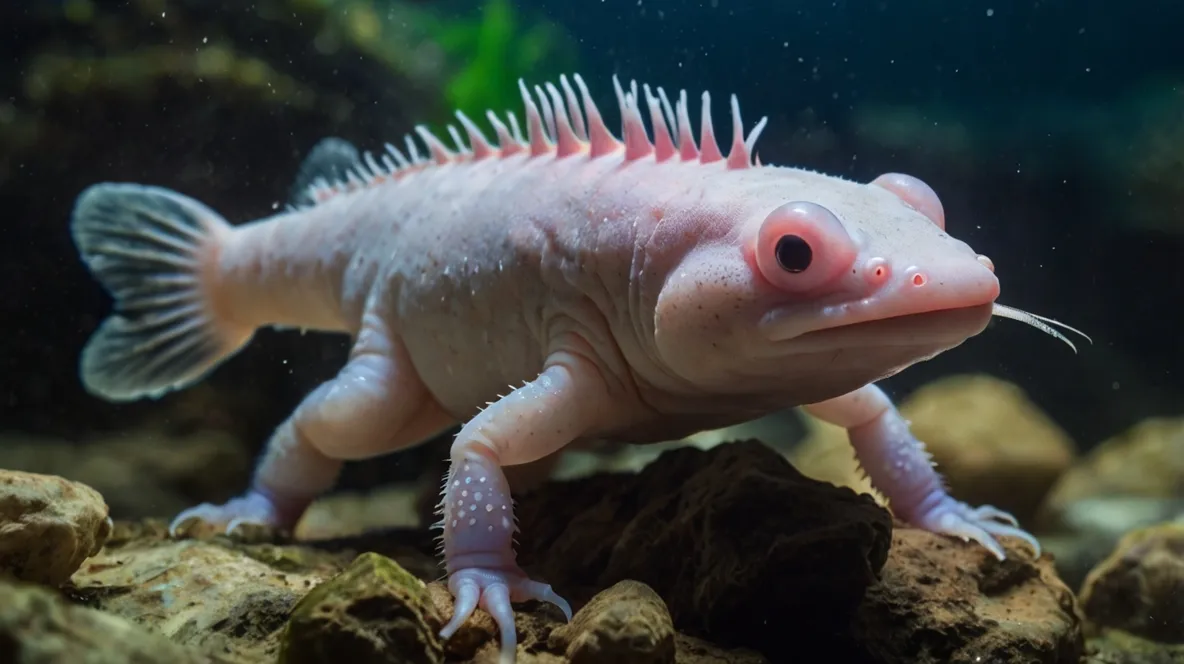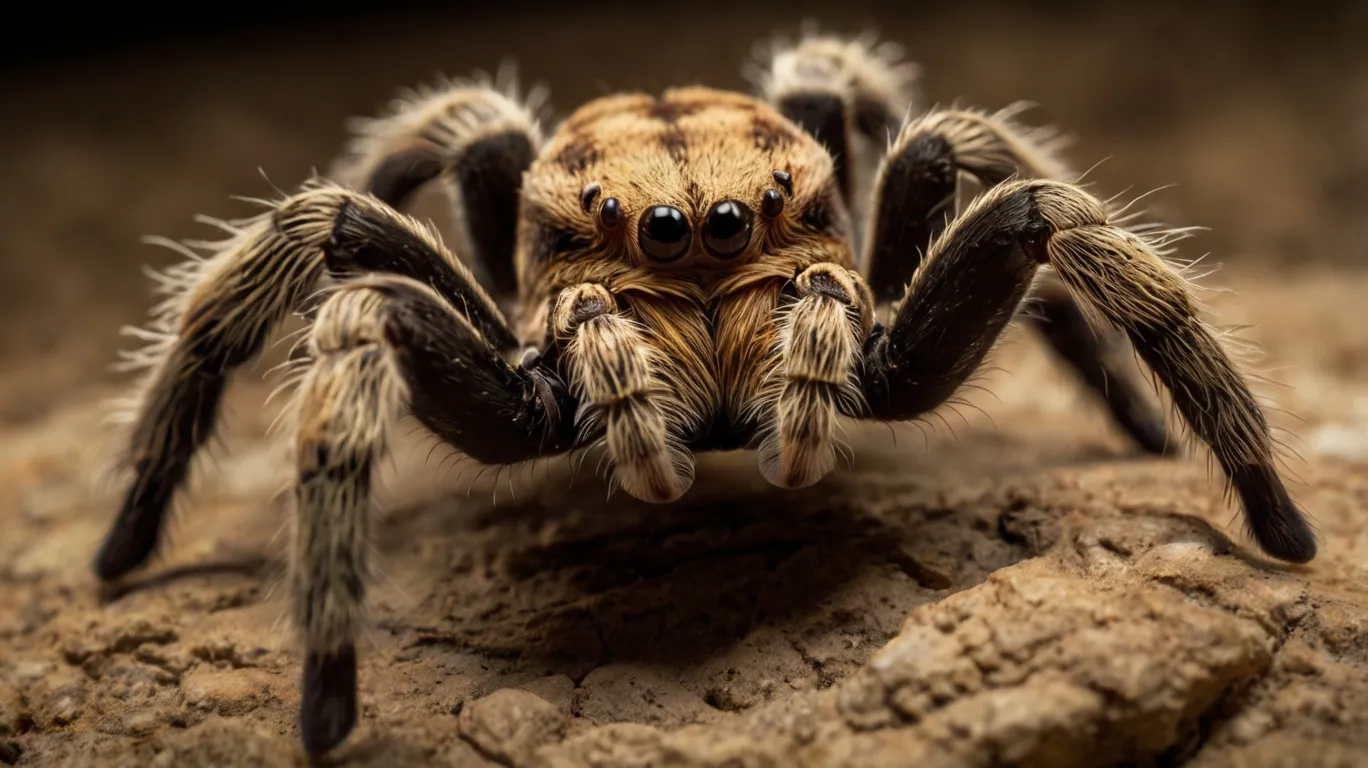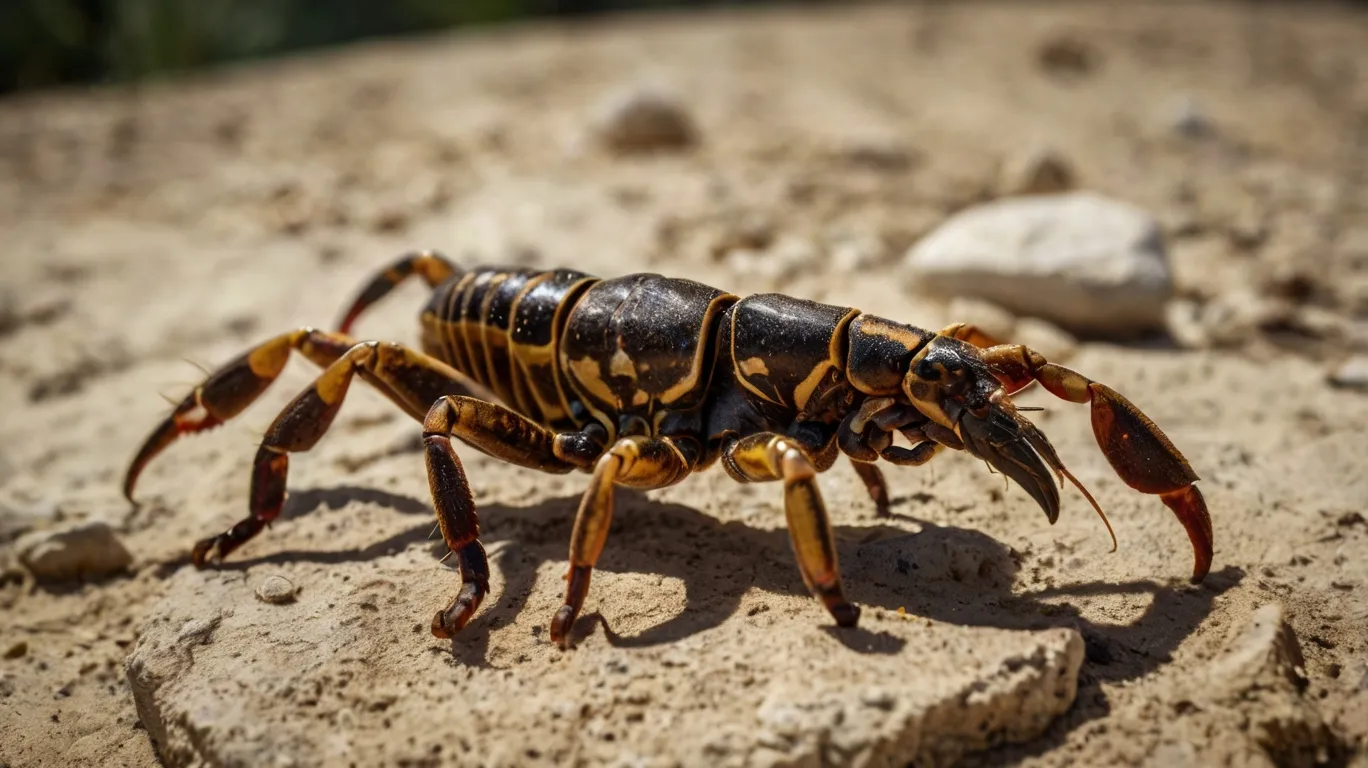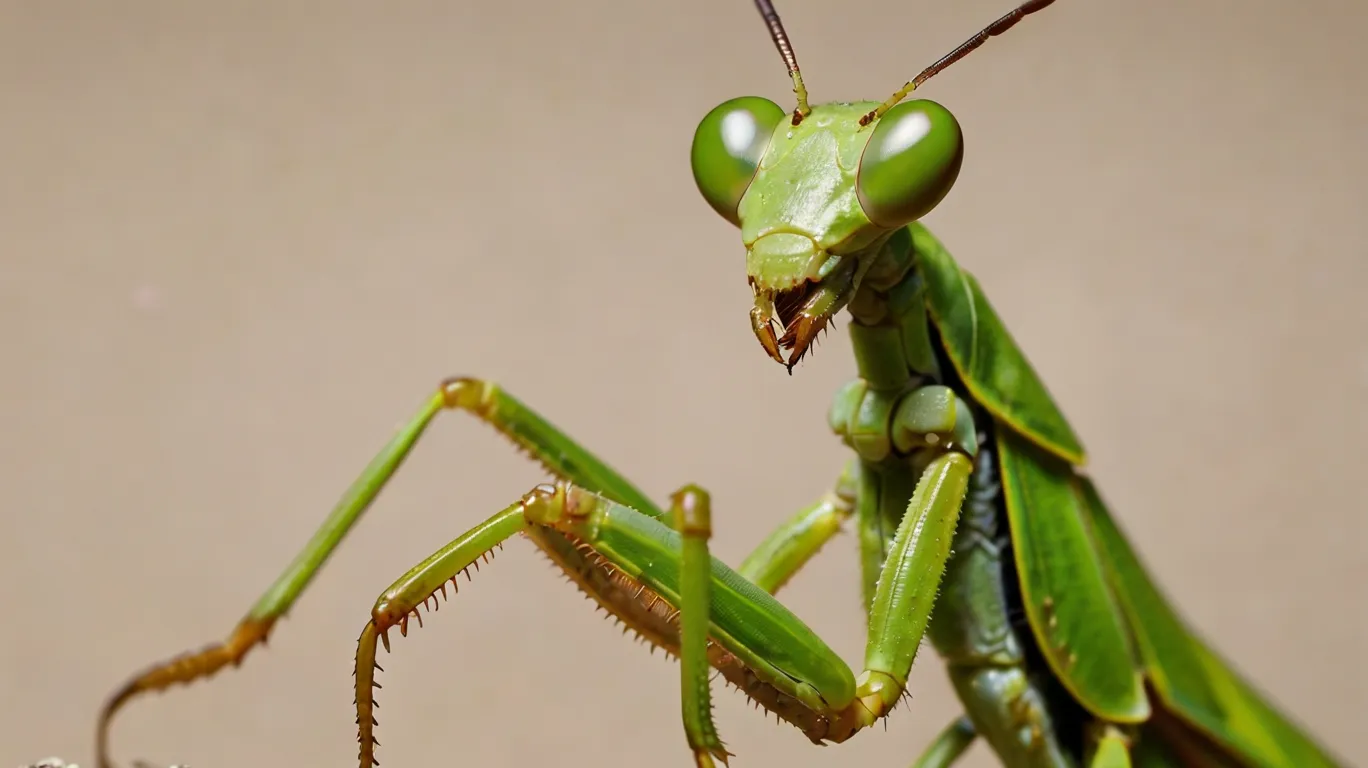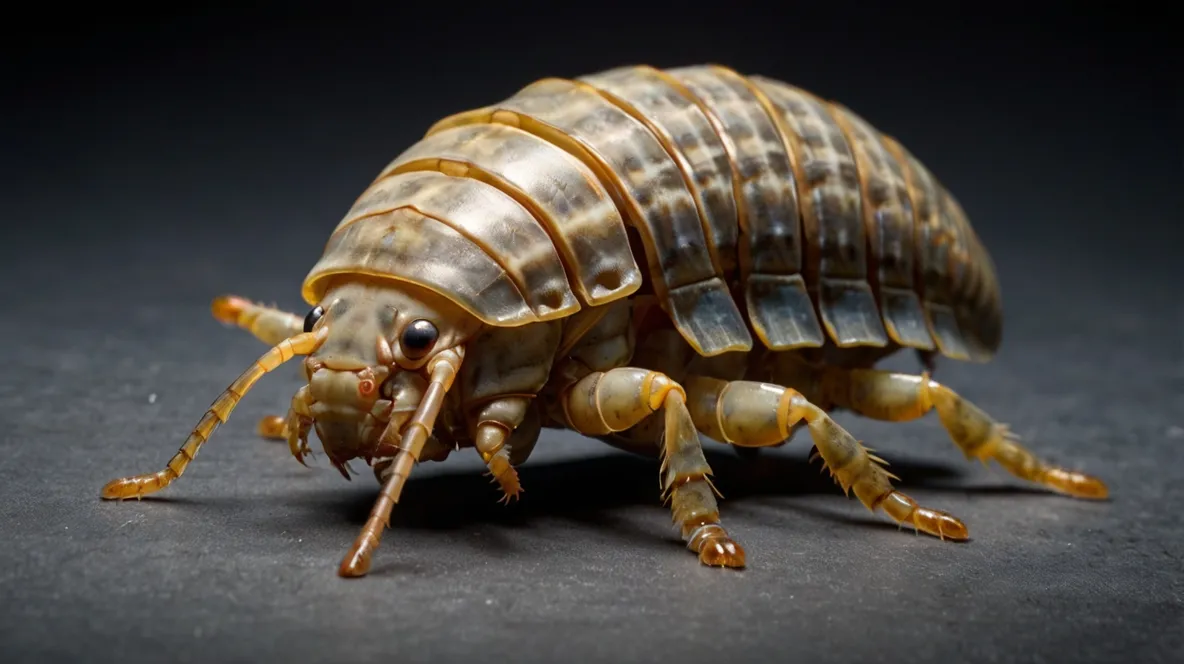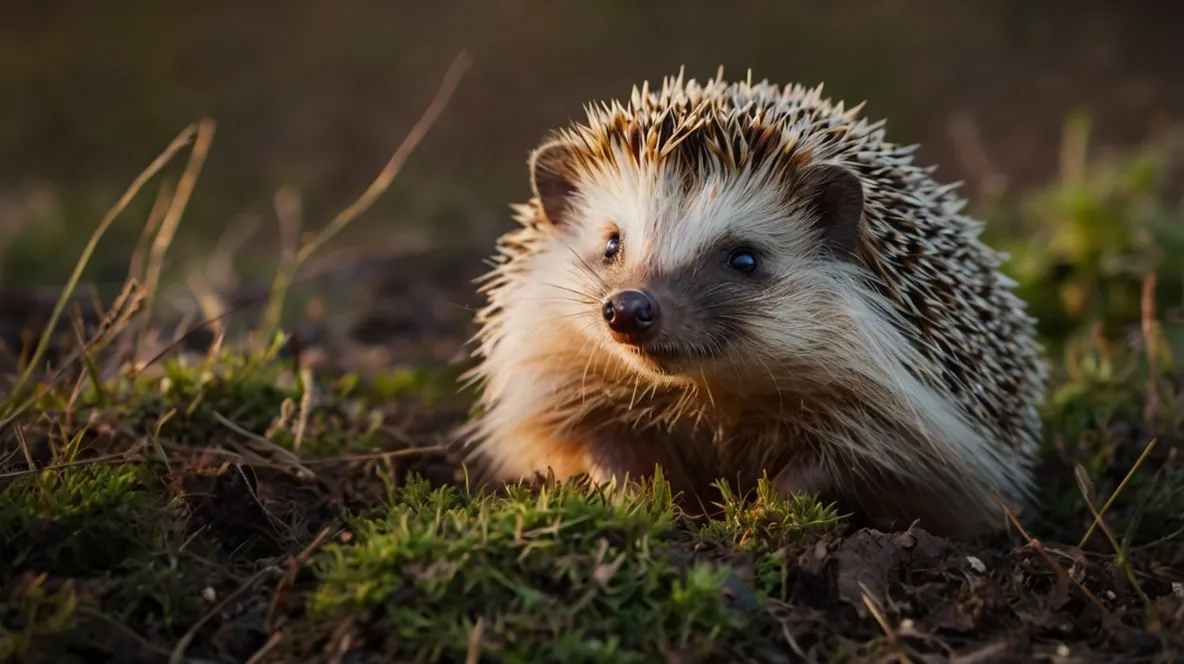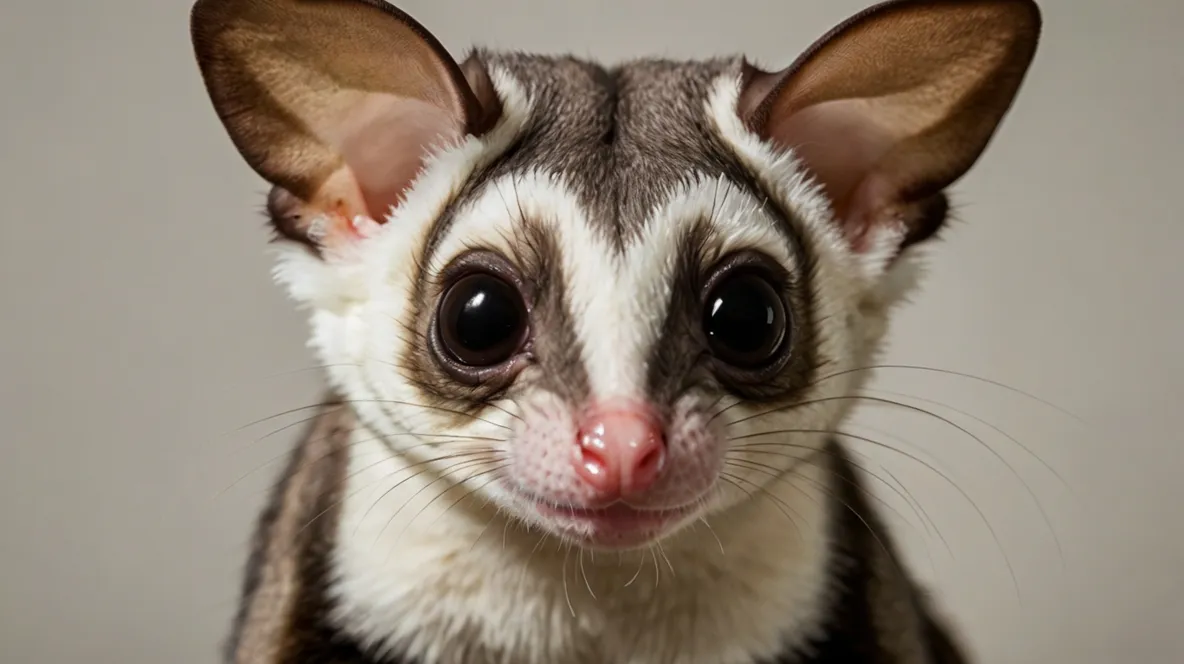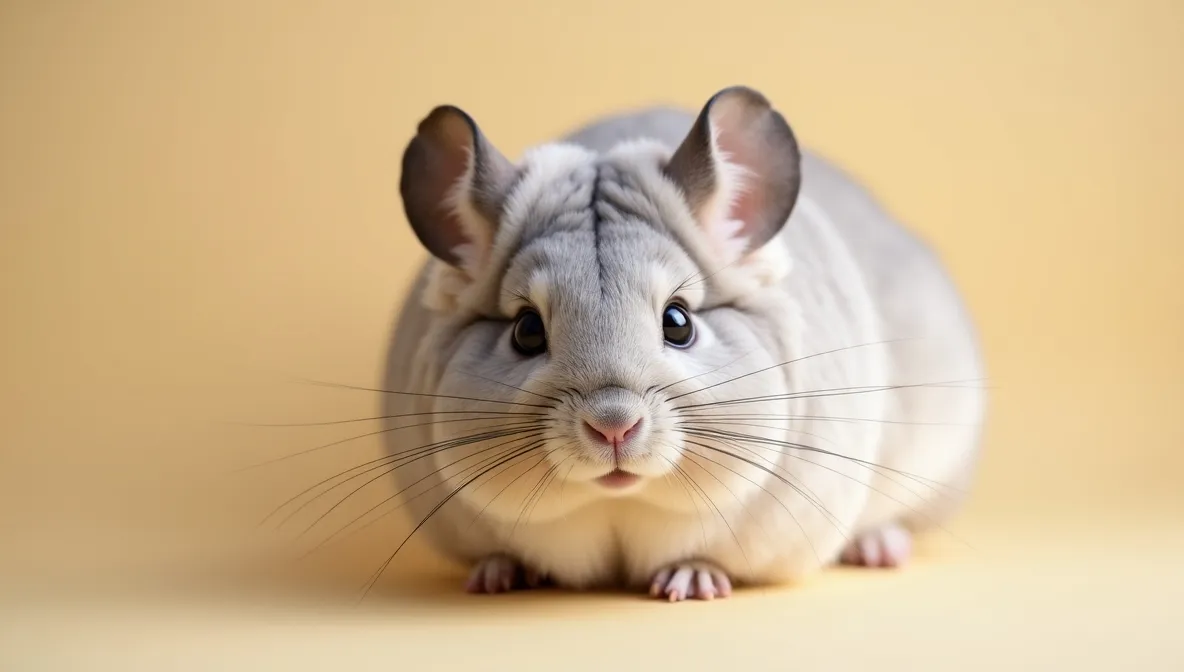Medical Information
Acquire professional pet health knowledge, disease prevention and treatment advice.
Select a Pet for Detailed Care Guides
Click a pet icon above to get exclusive care, health, and training information for Reptiles, Amphibians, Invertebrates, and Exotic Mammals.
General Daily Health Care for Niche Pets
Maintaining the daily health of exotic pets like reptiles, amphibians, invertebrates, and small mammals requires keen observation and consistent routines. This often differs significantly from caring for traditional pets.
Key Areas of Focus:
- Environment Checks: Daily verification of temperature gradients, humidity levels, lighting (UVB, heat), and substrate cleanliness is crucial. Improper environments are a primary cause of health issues.
- Observation: Look for changes in activity level, appetite, posture, breathing, skin condition (shedding issues, lesions), and feces/urates. Early detection is vital.
- Basic Hygiene: Regular spot cleaning of the enclosure, removal of waste, and providing fresh, clean water daily are non-negotiable. Full enclosure sanitization frequency varies by species.
- Feeding Routine: Offer appropriate food items in the correct size and frequency. Monitor intake closely.
Please select a specific pet (like Gecko, Tarantula, Hedgehog, etc.) from the icons above for detailed daily care requirements tailored to that species.
Overview of Common Diseases in Niche Pets
Exotic pets are susceptible to a range of health issues, often linked to improper husbandry, diet, or stress. Recognizing potential problems is the first step towards effective treatment.
Common Categories of Ailments:
- Metabolic Bone Disease (MBD): Prevalent in many reptiles and amphibians due to incorrect calcium/phosphorus balance or inadequate UVB lighting.
- Respiratory Infections: Often caused by incorrect temperature, humidity, or poor ventilation. Symptoms include wheezing, nasal discharge, or open-mouth breathing.
- Parasites: Internal (worms, protozoa) and external (mites, ticks) parasites can affect all types of exotic pets. Regular fecal exams may be necessary.
- Nutritional Deficiencies: Lack of specific vitamins or minerals (e.g., Vitamin A in turtles, calcium in many species) can lead to severe health problems.
- Shedding Issues (Dysecdysis): Common in reptiles and some invertebrates, often linked to low humidity or underlying health problems.
- Stress-Related Illnesses: Chronic stress from improper handling, environment, or social conditions can suppress the immune system.
Important: Diagnosis and treatment should always be performed by a qualified veterinarian experienced with exotic species.
Select your specific pet from the icons above for information on diseases common to that particular animal.
Common Problems & Challenges for Owners
Caring for niche exotic pets presents unique challenges beyond basic health concerns. Understanding these can help ensure a positive experience for both the owner and the animal.
Potential Issues:
- Finding Specialized Care: Locating veterinarians with expertise in specific exotic species (like Fennec Foxes or Poison Dart Frogs) can be difficult and expensive.
- Husbandry Complexity: Meeting the precise environmental needs (temperature, humidity, lighting, enclosure size/setup) can be demanding and require specialized equipment.
- Dietary Specificity: Sourcing appropriate food (live insects, specific plant matter, specialized formulas) can be challenging and costly. Gut-loading insects is often necessary.
- Behavioral Understanding: Interpreting the behavior of non-traditional pets requires research and observation. Handling tolerance varies greatly (e.g., Tarantulas vs. Chinchillas).
- Lifespan Commitment: Many exotic pets, especially reptiles like Tortoises, have very long lifespans requiring decades of commitment.
- Legality and Ethics: Ownership regulations vary by location. Ethical sourcing (captive-bred vs. wild-caught) is a significant consideration.
- Zoonotic Disease Potential: Awareness of diseases transmissible from animals to humans (like Salmonella from reptiles/amphibians) and practicing good hygiene is essential.
For specific behavioral insights, handling tips, or lifespan information, please choose your pet from the icons above.
